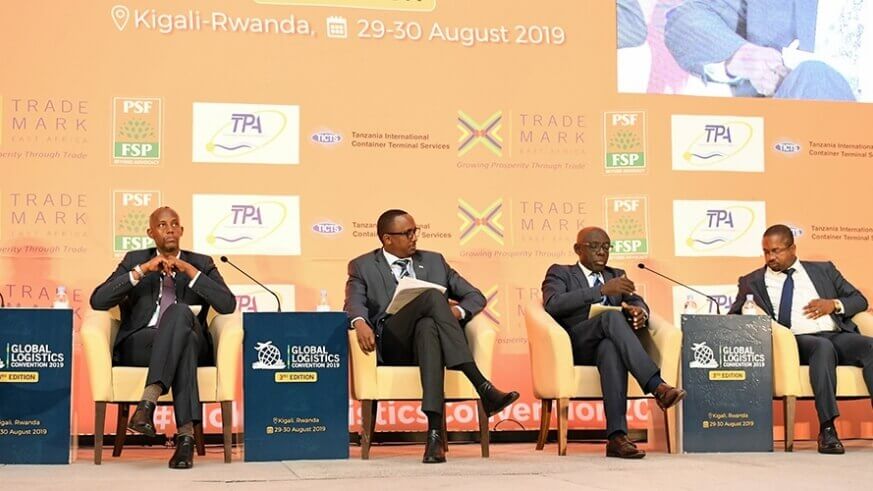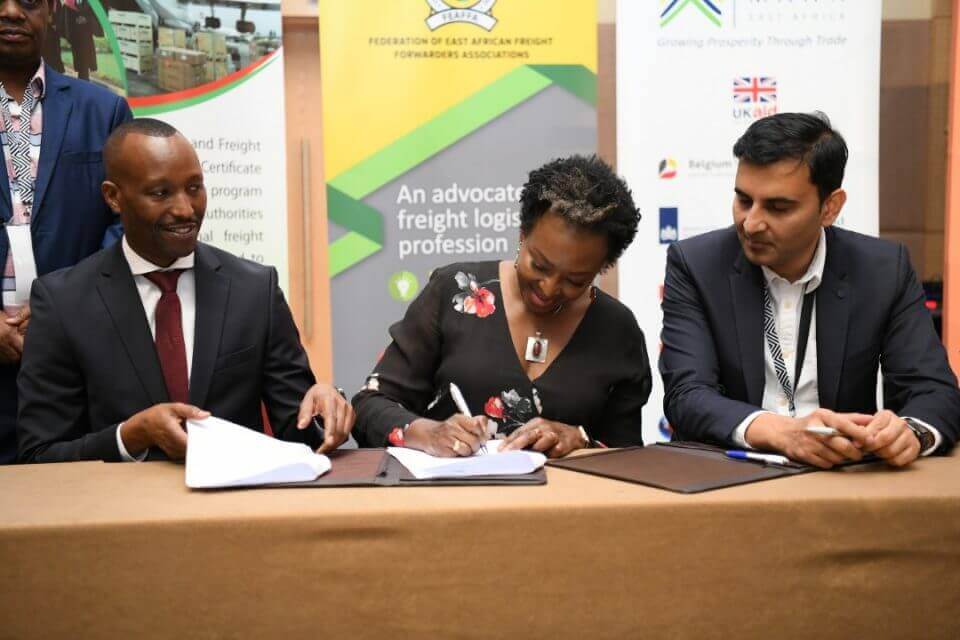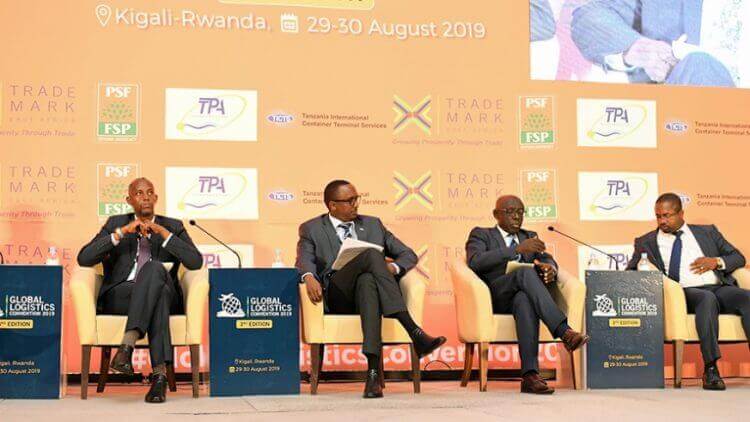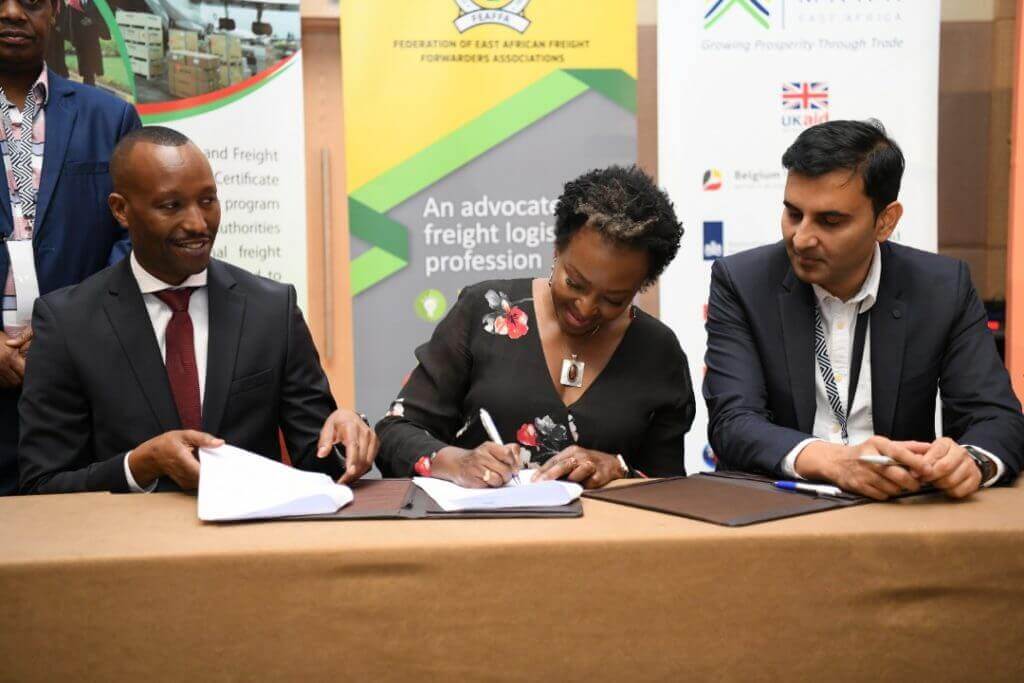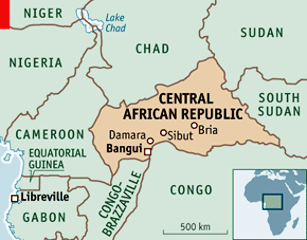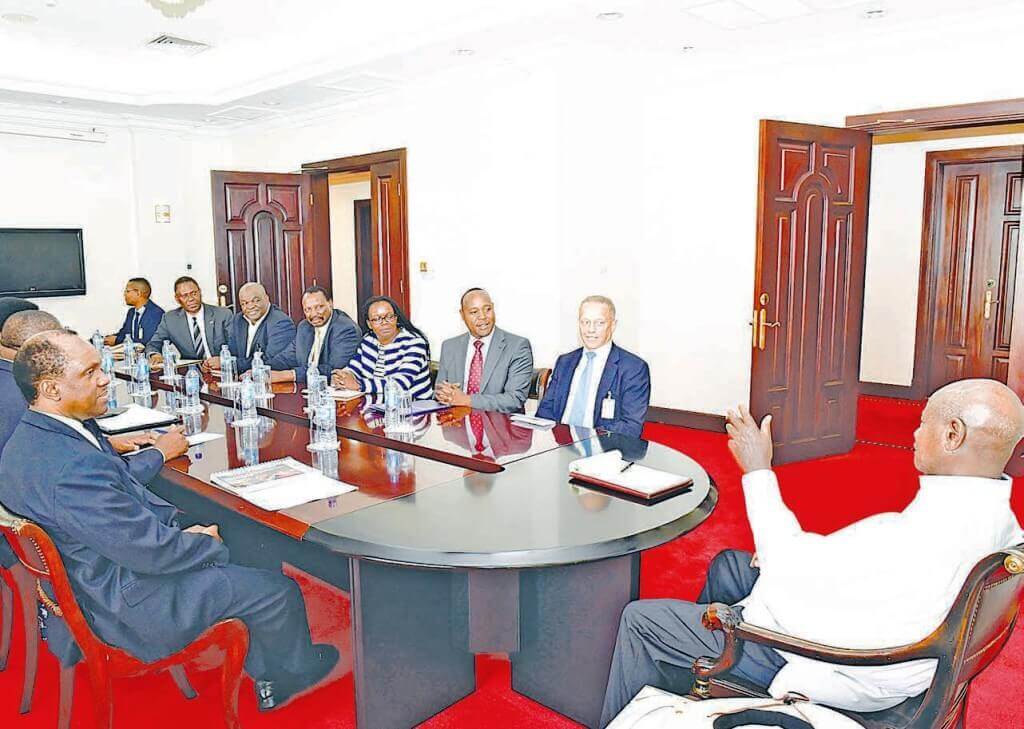Stakeholders in the logistics sector from across the world have convened in Kigali for the third Global Logistics Convention, a two-day at the Kigali International Convention Centre. Participants are looking to spur regional countries to enhance rail and water transport, embrace technology and curb corruption, among others. Stakeholders who include local and regional freight forwarders, truckers, sector experts among others believe the conference comes in regard to finding solutions to challenges in the transport and logistics sector. At the opening session on Monday, Michel Sebera, the Permanent Secretary in Rwanda's Ministry of Trade and Industry, said that the logistics sector is central to economic development and requires attention if countries are to succeed in their development initiatives. Abhishek Sharma, TradeMark Africa’s Senior Director for Transport recently told The New Times that the logistics industry ought to come together to discuss issues jointly and improve dialogue with governments in the region. Sharma said: “The main player that invests money in logistics infrastructure is the government. But the main user of the infrastructure is the industry; the freight forwarders, and others. It is very important that when we are planning logistics, there is a constant dialogue between the government and the logistics players.” Sharma said that even though challenges persist in the region’s logistics sector, in the last 10 years, the status of logistics in the region has improved significantly. “The [transit] time and the cost have come down dramatically along both the northern corridor and the central corridor. On the central corridor, for...
Global logistics summit opens in Kigali
Posted on: September 2, 2019
Posted on: September 2, 2019

